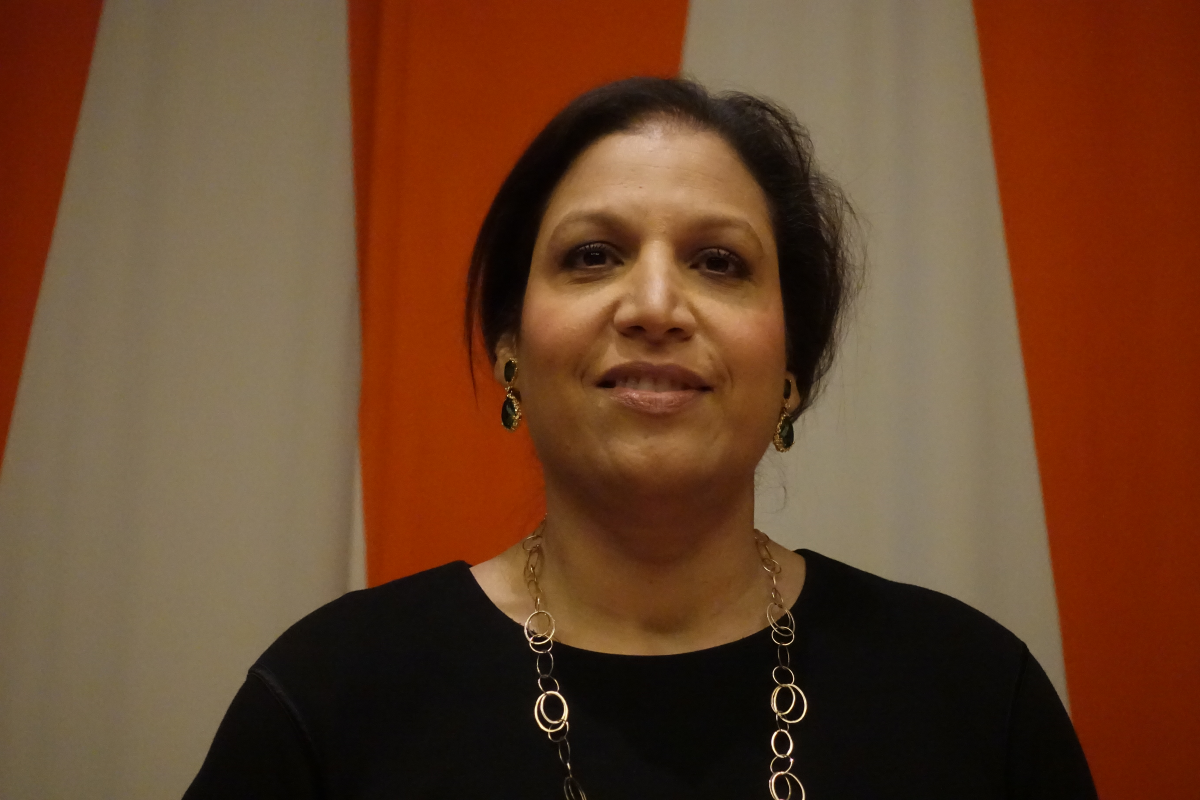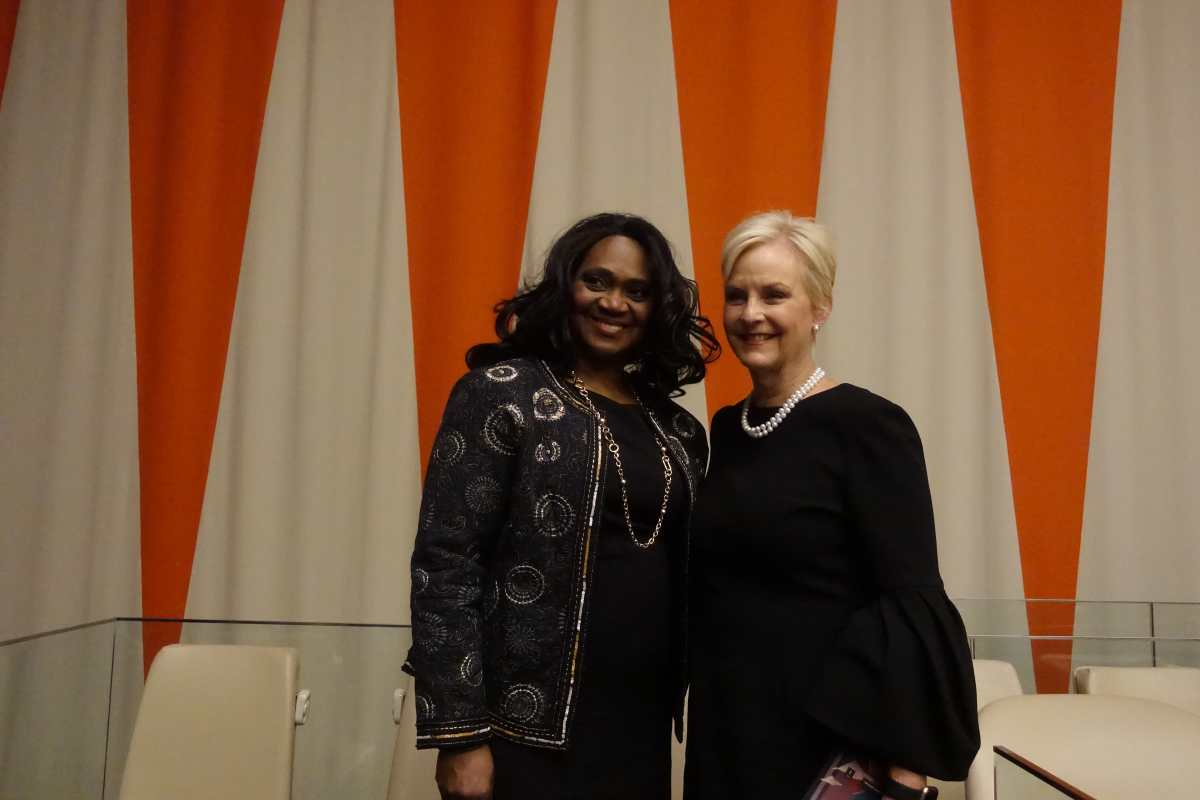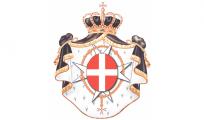UN EVENT: PRACTICAL SOLUTIONS TO ERADICATE HUMAN TRAFFICKING
On November 9th the UN Mission of the Sovereign Order of Malta co-sponsored a conference at UN HQ addressing the topic of “Practical Solutions to Eradicate Human Trafficking”.
The intention of the event was to allow for interactive and direct dialogue between numerous actors to understand best method and practices and create a global multi-disciplinary network specializing on the issue which would include:
- Governmental Agencies – Homeland Security, Criminal Justice, Law Enforcement
- UN Agencies
- Private Sector – Business, Airline Industry, Sports Industry, Hospitality Industry
- Healthcare Sector
- Education/Academia
- Non-Government Agencies
- Faith Based Organizations
Official remarks were given by
H.E. Michel Veuthey, Ambassador of the SOM to combat Human Trafficking
H.E. Callista Gingrich, US Ambassador to the Holy See
H.E. Geraldine Byrne Nason, Permanent Representative of the Mission of Ireland to the UN
H.E. Martin Garcia Moritan, Permanent Representative of the Mission of Argentina to the UN
H.E. Christian Wenaweser, Permanent Representative of the Mission of Liechtenstein to the UN
H.E. Ariel Rodelaas Penaranda, Minister and Charge d’Affaires for the Permanent Mission of the Philippines to the UN
Ms. Simone Monasebian, Director of Office of Drugs & Crime, UNODC
Mr. Kevin Hyland, Chief Executive of Child Fund, Ireland and member of the Vatican’s Santa Marta Group
Mr. Vinicius Pinheiro, Special Representative to the UN and Director of the International Labour Organization (ILO)
Mrs. Cindy McCain, Chair, McCain Institute for International Leadership
Ms. Donna Hubbard, Human Trafficking Survivor and Airline Ambassador
Watch the entire cinference here
WHAT IS HUMAN TRAFFICKING
Human trafficking is generally understood to refer to the process through which individuals are placed or maintained in an exploitative situation for economic gain. Trafficking can occur within a country or may involve movement across borders. Women, men and children are trafficked for a range of purposes, including forced and exploitative labour in factories, farms and private households, sexual exploitation, and forced marriage. Trafficking affects all regions and most countries of the world.
The three key elements that must be present for a situation of trafficking in persons (adults) to exist are:
- Action (recruitment, …);
- Means (threat, …);
- Purpose (exploitation).
International law provides a different definition for trafficking in children. The “means” element is not required in this case.
The International Trafficking Protocol defines the term “trafficking in persons” as follows:
“Trafficking in persons” shall mean the recruitment, transportation, transfer, harbouring or receipt of persons, by means of the threat or use of force or other forms of coercion, of abduction, of fraud, of deception, of the abuse of power or of a position of vulnerability or of the giving or receiving of payments or benefits to achieve the consent of a person having control over another person, for the purpose of exploitation. Exploitation shall include, at a minimum, the exploitation of the prostitution of others or other forms of sexual exploitation, forced labour or services, slavery or practices similar to slavery, servitude or the removal of organs;
For more information on Human Trafficking, please visit the OHCHR’s publication on the subject here.
TRAFFICKING AND HUMAN RIGHTS
Human rights form a central plank of the new understanding and there is now widespread acceptance of the need for a human rights-based approach to trafficking. Violations of human rights are both a cause and a consequence of trafficking in persons. It is essential to place the protection of all human rights at the centre of any measures taken to prevent and end trafficking. Antitrafficking measures should never adversely affect the human rights and dignity and the rights of those who have been trafficked, migrants, internally displaced persons, refugees and asylum seekers.
ORDER OF MALTA COMMITMENT TO COMBAT TRAFFICKING
In reaction to the increasingly worsening global phenomenon, the Sovereign Order of Malta appointed two Ambassadors tasked with combating human trafficking. Based in Geneva and in Lagos, Nigeria, Michel Veuthey- Ambassador to Monitor and Combat Trafficking in Persons – and Romain Champierre de Villeneuve- Ambassador at-large for Africa- will help strengthening the commitment of the Order of Malta in preventing the trafficking of humans and protecting the victims, with projects both at local and diplomatic level.


Ms. Simone Monasebian, Director of Office of Drugs & Crime, UNODC Ms. Donna Hubbard, Human Trafficking Survivor, Mrs. Cindy McCain, Chair, McCain Institute for International Leadership


